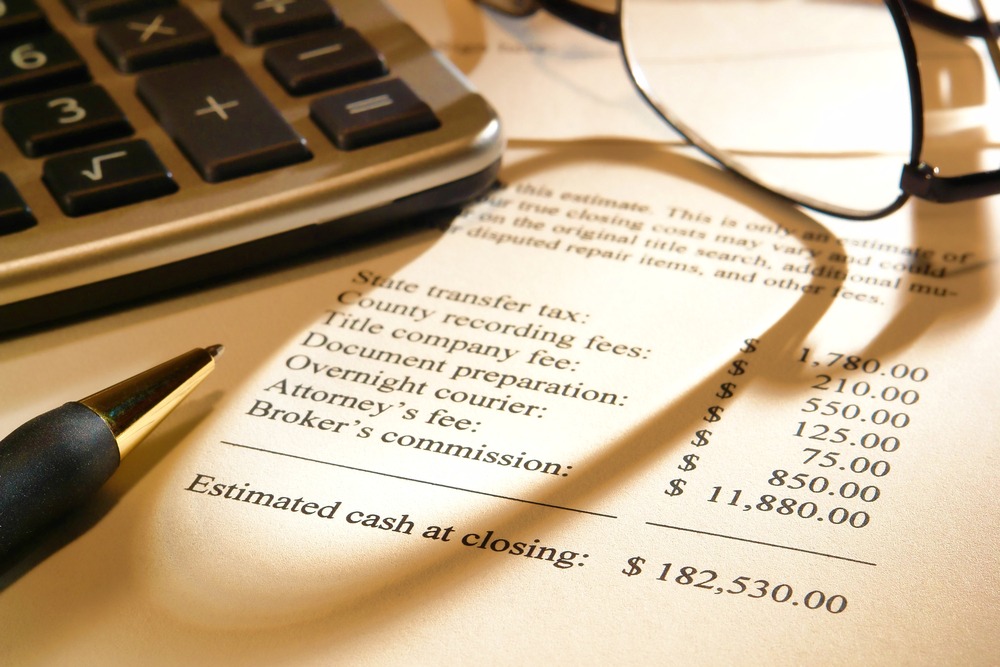Real estate agents and brokers work on commission. So if you’re in the real estate industry, your income may fluctuate from month to month, depending on the deals you close. But, how do real estate broker commissions work?
If you’re planning a future in the real estate industry, it’s important to understand how real estate broker commissions work. Our team at Local Leader explains who pays real estate broker commissions on a real estate deal, how much you may expect to earn, and other important factors that influence real estate agent and broker wages.
What Do Real Estate Agents and Brokers Do?
Real estate agents are professionals who connect buyers and sellers of properties. Education requirements for real estate agents, brokers, and realtors may vary by state. But typically this include taking a designated course and passing an exam to earn a real estate license. The agent may then join a brokerage and start serving clients in their area.
A real estate broker is often an agent who has up-leveled their real estate career by establishing their own brokerage. Becoming a broker may involve additional coursework and an exam. Most importantly, brokers need excellent management qualities and a deep knowledge of the local real estate market.
Who Pays Real Estate Broker Commissions?

The vast majority of real estate agents and brokers base their livelihood on commissions that form a part of a property’s closing costs. To put it bluntly, if you want to eat, you need to see those deals through.
The property seller usually shoulders the totality of the real estate broker commissions at the deal’s closure. Because sellers know they will need to contend with this additional cost, they often factor it into their listing price when they put the property on the market and when they negotiate the final price.
How Much May a Real Estate Agent Expect to Earn on a Typical Deal?
In most real property deals across the U.S., real estate brokerage commission equals 5% or 6% of a home sale price. This sum typically splits equally between the buyer’s and seller’s real estate agents and brokerages.
Here’s an example of how this works when a property goes on the market. Let’s say that Mary is the buyer’s agent, and Paul is the seller’s agent. They help their respective clients close a property deal at the cost of $400,000. According to the purchase agreement, the realtor’s commission was 5%, i.e., $20,000.
Each brokerage involved in the deal gets half, or $10,000. Mary and Paul, as the agents in charge of the deal, get half of that, or $5,000 each.
Do Real Estate Brokers Ever Agree to Lower Commissions?
In some cases, sellers who list property may negotiate with a brokerage for lower commission rates. While most brokerages work on fixed commission rates, some may agree to more flexible commissions. This is often the case when:
- They expect the property to fetch a high sale price. This makes it worth it for a real estate brokerage even at a commission rate of under 5%
- The client is interested in listing multiple properties. This offers the brokerage wider earning prospects than a one-time deal
- The real estate brokerage is working with both the seller and the buyer. This means that the broker expects to take home the entire commission without splitting it with the other party
Additional Factors That Influence Real Estate Broker Commissions

Although the equal commission split between the buyer’s and seller’s brokers and agents is the typical scenario, variations exist. For example, the real estate agent who closes the deal may get a lesser percentage of the closing cost if they work for one of the rare brokerages that also pay their agents a regular salary. Commissions may also work slightly differently for brokerages that operate as franchises.
In some brokerages, the agents in charge of the deal may receive a higher or lower percentage of the real estate broker commissions than the typical 50-50. Certain brokerages grant their closing agents 60% or even 70% of the commission.
Additionally, some deals may include more than one agent from the same brokerage. If the deal involved teamwork, each agent who contributed to the transaction may gain a percentage of the real estate broker commissions.
How Real Estate Agents Can Boost Their Earnings
Breaking into the real estate industry isn’t easy. This especially true now, as mortgage rates rise and prospective homebuyers lose purchasing power. Real estate agents who want to develop their careers and earn more money may explore the following options:
- Boost visibility. Real estate is a highly competitive industry. To stand out, present yourself online to new clients, make sure your website reflects your industry expertise, network with other real estate professionals, and build your brand.
- Consider reorientation. For instance, if until now you have exclusively focused on residential real estate, you may consider including rental deals in your practice.
- Look for a different brokerage. Finding the right brokerage is a crucial step for every real estate agent. Does your current brokerage suit you in terms of growth opportunities, company culture, and your work contract? All these elements may help you decide whether this brokerage is the right place for you. For more tips on finding a brokerage to work for, check out the linked article.
- Start your own brokerage. Establishing your own real estate brokerage is an ambitious project. But this career step may allow you to scale your earnings and become your own boss. Of course, setting up a brokerage requires experience, sound financial planning, and a lot of work.
Local Leader: Handy Tips for Real Estate Agents and Other Housing Market Professionals
Unlike most salaried employees, real estate agents forego the privilege of a steady monthly wage and earn money in the form of commissions. With the industry’s built-in income fluctuations, it’s vital to understand what you can do to earn more as a real estate agent and watch for signs it’s time to switch real estate brokerage.
Local Leader® helps you succeed as a real estate agent or broker by providing timely industry updates, tips, and tricks. Subscribe to our newsletter to learn more about real estate broker commissions and other vital elements in a real estate career.






